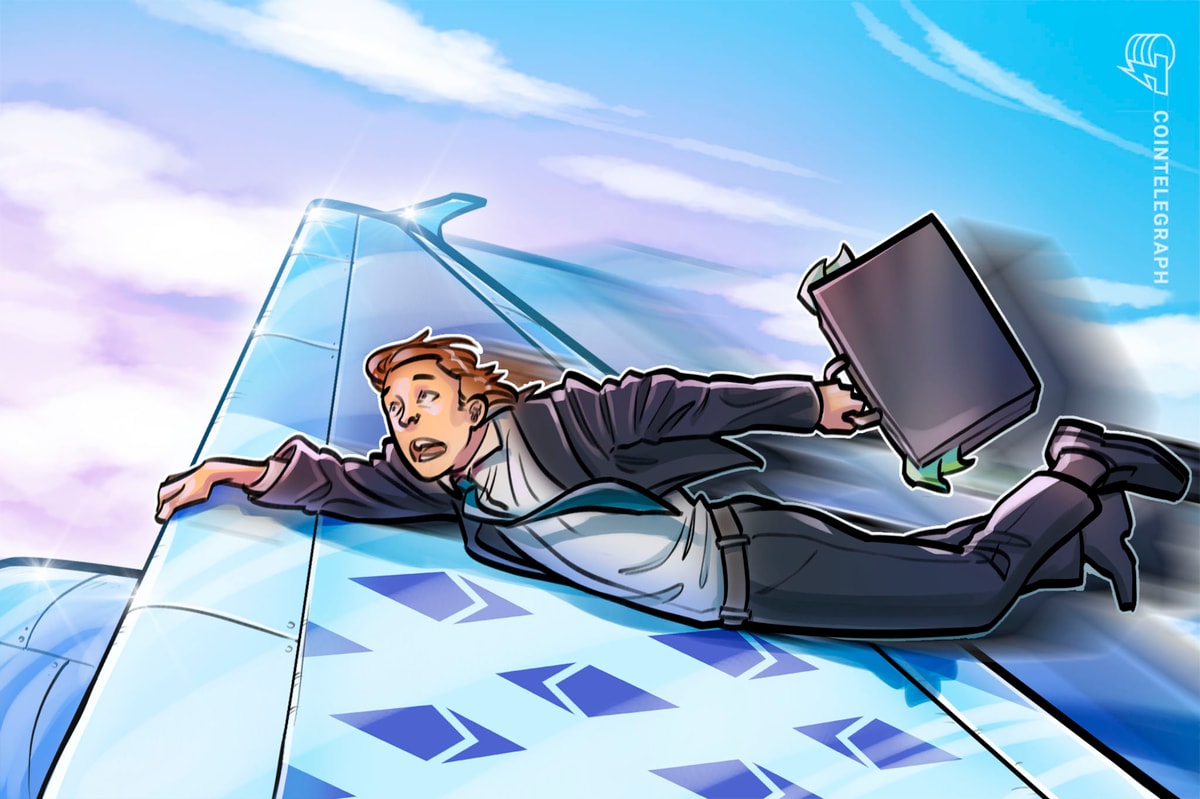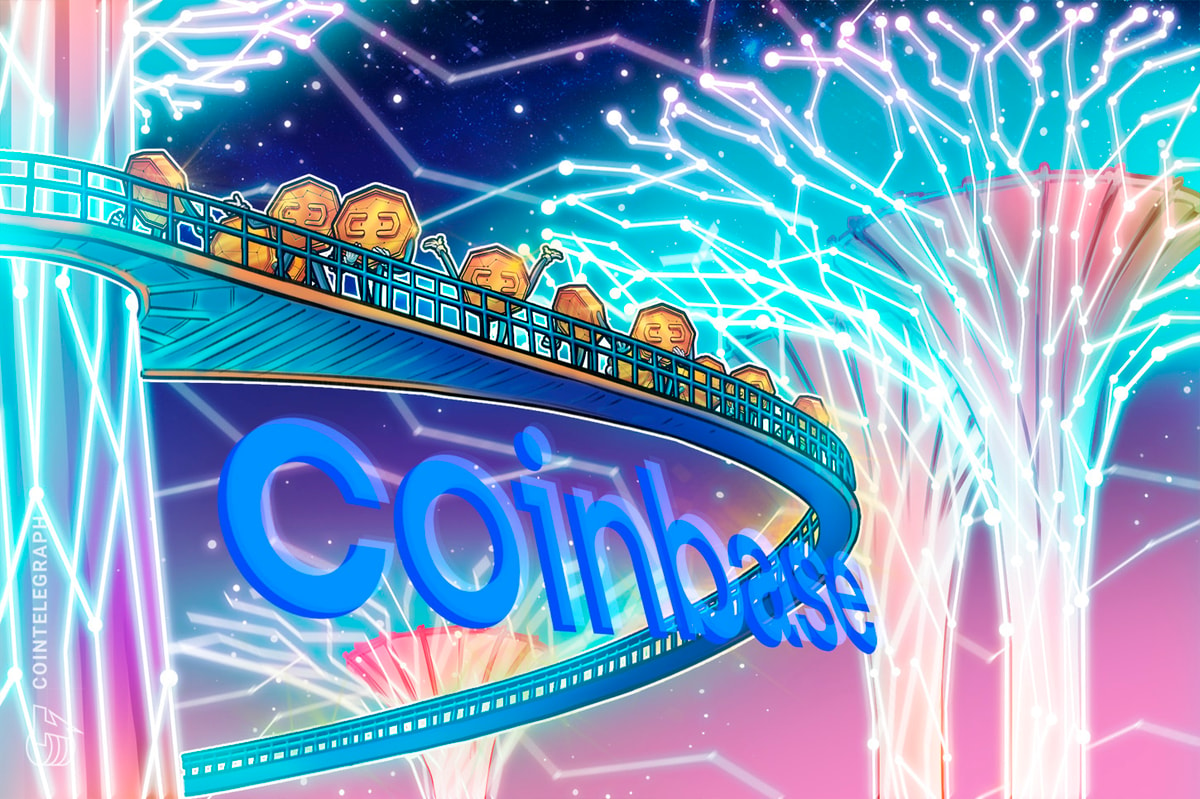As it preps green bond sale, Washington Metro grapples with challenges
6 min read
As the Washington Metropolitan Area Transit Authority prepares to hit the market with a green bond deal, the agency is tackling economic, social and infrastructure challenges.
Like many other mass transit authorities across the nation, WMATA has seen its ridership — and farebox revenue — decline during the COVID-19 pandemic.
But it also faces unique operational and safety challenges that have beset its rail transit system, including a derailment that led it to pull all of its newest trains from service causing abrupt service disruptions.
WMATA was created in 1967 by an agreement between the District of Columbia, Virginia and Maryland to plan, develop, build, finance and operate a regional transportation system.
In the past few years, WMATA has suffered through some well publicized service disruptions and crime events.
“There have been a lot of problems on the trains, issues with the cars, fires in the system — all kinds of bad things,” Baruch Feigenbaum, senior managing director of transportation policy at the Reason Foundation, told The Bond Buyer. “And those things don’t help get ridership. People tend to shy away from systems like that.”
In 2022, the Metro rail system reported 228,000 average daily weekday entries, down from 626,000 in 2019, the last pre-pandemic year. Daily bus weekday bus boardings were down to 180,000 from 350,000 in 2019.
“Ridership on both Metrorail and Metrobus is growing, but remain below pre-pandemic levels,” a WMATA spokesperson told The Bond Buyer. “Metrobus ridership retention has been stronger than Metrorail throughout the pandemic. It is currently about 75% of pre-pandemic on weekdays, and near pre-pandemic on weekends. Metrorail ridership has been more heavily impacted.”
To address crime issues, District of Columbia Mayor Muriel Bowser and WMATA CEO Randy Clarke earlier this month unveiled an agreement between the Metro Transit Police Department and D.C.’s Metropolitan Police Department aimed at enhancing public safety and security on the transit system.
“We know that residents and visitors want to see a strong police presence in our community, and that’s what this partnership will allow us to provide,” Bowser said.
Continuing through June, transit police officers will partner on patrols at stations and transit centers with Metropolitan Police Department officers at stations in D.C.
Police visibility, enforcement activities and enhanced community relations programs are crime-reduction strategies to make Metro safer, WMATA says.
Additionally, the transit police agency expanded what it calls its “problem solving police strategy” and hired crisis intervention specialists who are trained to address mental health issues. The initiative focuses on addressing the root causes of a problem and provide ways to solve it.
“While these things help people feel safer, Metro continues to be a safe system,” the WMATA spokesperson said. “Across the country, cities and communities are dealing with crime and violence that unfortunately sometimes makes its way into the Metro system.”
The operational safety of the trains has also affected service, after a derailment led to its newest equipment being pulled out of service amid concerns about the quality of their wheels, ultimately subjecting them to a more-frequent inspection regimen.
The system’s operational safety has been in the public spotlight since a 2009 collision that killed nine people.
“Rail ridership has also been impacted by service reductions due to issues with the 7000-series fleet, but has been growing as more service is restored,” the WMATA spokesperson said.
To address service issues, WMATA proposed a fiscal 2024 budget of $4.7 billion, which covers operating and capital expenses from July 1, 2023, through June 30, 2024.
“In terms of their capital projects, it’s my view that they should be working on rebuilding or doing major renovations to their existing system,” Feigenbaum said.
“They shouldn’t be looking to add any new capacity,” Feigenbaum said. “On the Silver Line, which was their most recent addition, the ridership is less than 50% of what they predicted; obviously COVID has had a big effect on that, but we’re just not seeing the ridership there.”
The long-delayed 11-mile extension to Dulles International Airport and eastern Loudon County, Virginia, opened in November.
“I hope they have the appropriate focus in terms of what they really need to be doing instead of what they want to be doing — because new construction tends to be sexier than major maintenance,” Feigenbaum said.
WMATA says it wants to be able to provide more frequent and reliable service, including increased train service along with a redesign of its bus network; create a simplified and equitable fare system and introduce a low-income fare program; and improve customer service by building a new communications center.
The authority also wants to fund capital improvements, which include major construction and maintenance projects and to move ahead with its sustainability focused initiatives, such as a zero-emission bus program.
To that end, WMATA is gearing up to sell $392 million of Series 2023A tax-exempt dedicated revenue green bonds.
RBC Capital Markets and Siebert Shank Williams as lead managers are set to price the climate bond certified issue on Thursday. Proceeds will fund a portion of WMATA’s 2023-2028 capital program.
Phoenix Capital Partners and Frasca & Associates are the municipal advisors. Hogan Lovells is the bond counsel.
The bonds have a third party climate bond certification from Kestrel Verifiers.
“Sustainability is part of our core mission,” the agency spokesperson said. “For example, we are building new LEED designed bus garages that will be zero-emission, and moving forward with testing to convert our 1600 buses to a zero emission fleet.”
The deal is tentatively structured as serials, due July 15, 2024 to 2051, with two additional term bonds.
Interest is exempt from federal income tax, as well as Maryland, Virginia and District of Columbia personal income tax.
The issue has been rated AA by S&P Global Ratings and Fitch Ratings and AA-plus by Kroll Bond Rating Agency. Both S&P and KBRA have stable outlooks while Fitch maintains a negative outlook on the bonds.
Fitch said its negative outlook reflected the “risk associated with a sizable structural imbalance driven by improved, but still low system ridership and passenger revenues and rising expenses.”
S&P said its stable outlook “reflects our view of the strong relationship, long-term funding commitments, and ongoing essentiality of WMATA services in the region, as well as our stable outlooks on the District of Columbia, Maryland and Virginia.”
The bonds are secured by dedicated capital funding revenues annually appropriated by Maryland, Virginia and the District of Columbia.
S&P said its rating on the bonds is linked to the general creditworthiness of Maryland, Virginia and D.C. S&P rates the GO debt of Maryland and Virginia AAA and the District of Columbia AA-plus.
Since 2016, WMATA has sold about $2.48 billion of bonds.
“WMATA has guardrails in place to make sure the money that they get is well spent and that the financing authority is well used,” Feigenbaum said. “There’s a lot of political dynamics — the board is basically made up of political leaders, there’s no transportation professionals on the board per se and that often leads to doing some of the bad things they’ve done, like prioritizing new construction over maintenance.”
“I think it’s also important that they get a detailed plan in place that specifies exactly what they’re going to be doing and also give a general timeline that they will be sticking to,” he said.
“I think it’s really important that there’s going to be some accountability so that those who are in charge can be held accountable if things go wrong. That hasn’t happened in the past and that’s allowed some projects that have gotten out of control, by cost or in other ways, to sort of be nobody’s fault and that’s not great for taxpayers or riders.”
The authority began building its rail system in 1969, then acquired four regional bus systems in 1973 and started operating Metrorail in 1976.







